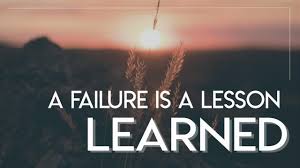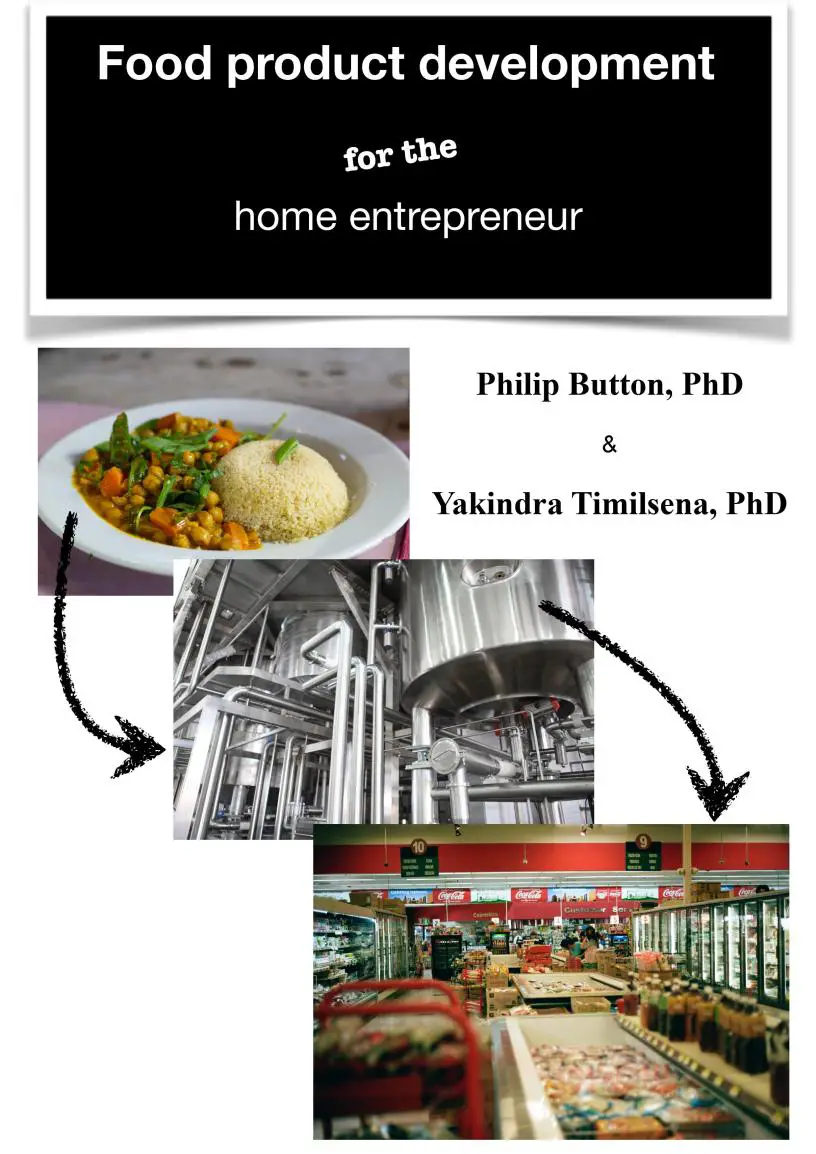Food product development is central to food science. Development of new food products is essential to food manufacturers and an area that can be a raging success or a dismal failure. Of course the word “failure” is filled with negative connotations and it is better to seek of “lessons learnt” or “understanding gained”. This is so true, because with a product that is not popular with consumers, you really know what the market dislikes, which is so important. In addition, with such a high failure rate of new food products, the process needs to be approached and undertaken in a systematic manner in order to maximise chances of success. That’s where this book comes – it’s meant to be a handy reference guide to the process of food product development for home entrepreneurs. These are people that have an idea or a concept for a food product they want to commercialise but don’t know where to start. Thus, it is designed for non-scientists and for people starting out on their journey of bringing a product to market.

In this first edition, Dr Philip Button was the in-house author, who teamed up with Dr Yakindra Timilsena from the Food and Nutrition Consulting Group. Dr Button contributed the section on the principles of food product development while Dr Timilsena contributed the section on the practice of food product development.
Our book can be purchased here where you can also find details of the chapter contents.
We were fortunate to secure a peer-reviewer for our book in Ms Pilar Oyarzun, a senior food technologist. Here are her thoughts:
I must say the book is a pretty good idea and tool, most of my clients are in the home cook stage and are looking to do their product commercially, but lack knowledge about the journey.
In terms of content I think is good, but probably will overwhelm readers seeking help in early stages when they are seeking some answers as well as guidance, so it brings content but, it is also practical.
Here are some thoughts to help out with that:
1. Involving an expert: Advising where, who and which are the options when seeking an expert to help with PD.
2. More diagrams: I think people will like to see more decision-making maps or flow charts, to understand the steps involved.
3. Appendix with Food Science and Technology basic terminology. For example, the formulation is a recipe. I have come across people that think that Nutritional Information and Ingredient list are the same info.
4. Market Research: I advise people that are not very clear with what they want to do, is to take information from the product in the market and check the information in the label (ingredient list, certifications, package, portions ), to understand what they want in relation to what is out there.
5. Standardization of product and process: Many clients struggle with this part, they do not understand the importance of standardized ingredients, suppliers and mainly the process to seek a continuous level of quality.
6. Health claims: Many clients think their product has more benefits in terms of health and that is why it will be successful, but the reality is that they have to claim what they can prove and follow the law. Digging a bit more on this will help people.
7. Useful Links: a more diverse list at the end to support further knowledge. Maybe add mentoring programs from the government, more free resources for entrepreneurs and more Legislation websites. (some people are making dangerous decisions) they need to know they have to follow the rules and where to seek help.
8. Product Development Planning template: Having a questionnaire template to go through every stage that you have mentioned to plan a Product development project, will help them practically. They can use what they just read and put what they have in mind into paper, and feel less overwhelmed about the new information.
In addition to Ms Oyarzun’s comments, it has been suggested that the inclusion of case studies would be of much value to readers. These would enable them to see and understand first-hand the success stories from others.
The second edition is in progress, so watch this space!
Let us finish off with this thought…
You know how 70 to 90% of newly developed food products fail within a year of retail release? Well, we teach home-based food entrepreneurs and food manufacturing start-ups how to develop food products that succeed in the long term by creating an intricate food product development strategy.



